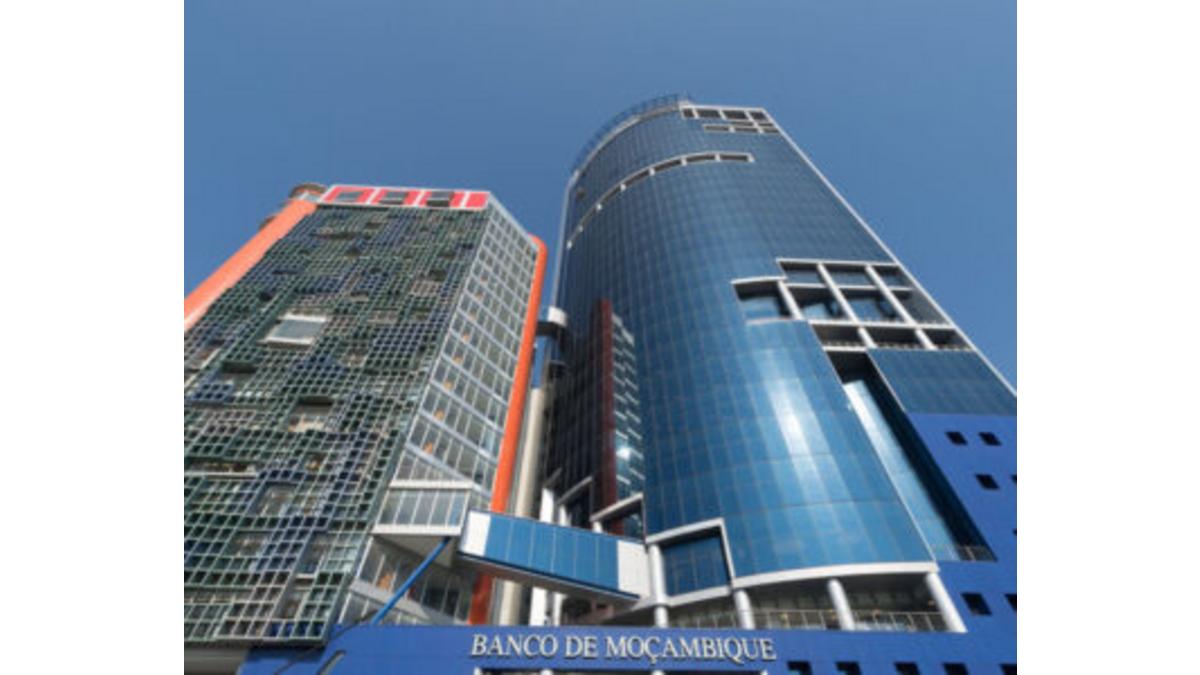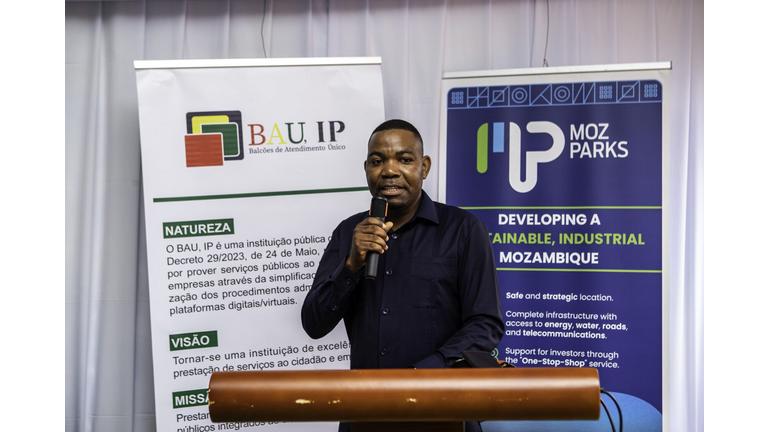Communication - Presse
Foreigners Can Invest USD 1 Million Without Needing Authorisation From the BoM

oreign citizens can now invest in Mozambique without prior authorisation from the Central Bank, but only if the amounts involved are equal to or less than one million US dollars. The Bank of Mozambique’s idea, in the new Foreign Exchange Law, is to remove barriers to foreign direct investment and boost the foreign exchange market.
The Bank of Mozambique announced the removal of barriers to foreign investment and investments by residents abroad, including international trade, increasing the annual limit to one million dollars without the need for prior authorisation.
In a statement issued on Tuesday in Maputo, the central bank explained that the changes are the result of new foreign exchange regulations, already in force since the publication of Notice 4/GBM/2024, to remove barriers to foreign investment in Mozambique and investments by residents abroad, as well as facilitating international trade, which can be summed up in the creation of mechanisms to make foreign exchange operations more flexible through the gradual liberalisation of the capital account.
Maria Majimeja, Director of Financial Services at Banco de Moçambique, explained that “in Foreign Direct Investment, operations on participation certificates in collective investment organisations and operations on securities and other instruments traded on the over-the-counter capital market in Mozambique, the amounts that can be made without prior authorisation from Banco de Moçambique have increased from the previous 15.8 million meticais (250,000 dollars) to 63.2 million meticais (one million dollars) a year”.
The institution also established the obligation to make payments in national currency in all domestic transactions in the country and the harmonisation of the various special exchange regimes in force within the scope of mining and hydrocarbon exploration projects, without, however, calling into question the commitments already made in this area.
At stake are changes to the Foreign Exchange Law, to the legislation on the rules and procedures to be observed when carrying out foreign exchange transactions and to the regimes for the Liberalisation of Capital Transactions, Other Foreign Exchange Transactions and the Repatriation and Conversion of Revenues from the Export of Goods, Services and Income from Investments Abroad.
The aim is to achieve greater speed in carrying out foreign exchange operations, guarantee a greater inflow of foreign capital and greater availability of foreign currency, as well as promoting the appreciation of the national currency and a stable, dynamic and robust foreign exchange market.
With the new regulations approved and presented today, the central bank says it also intends to legitimise the intervention and role of the Bank of Mozambique, as the foreign exchange authority, to give it clear powers in foreign exchange matters and to guarantee the timeliness of foreign exchange regulations, which will now be made “through warnings from the governor”, given that “foreign exchange matters are very dynamic and require permanent and timely intervention by the authority in order to be able to correct any anomalous situation that could distort the functioning of the market”.
Among the various changes made by the Bank of Mozambique to the foreign exchange regulatory framework in force, 13 potential ones with an impact on the relationship between commercial banks and their clients stand out.
In the same context, Banco de Moçambique presented its Economic Outlook Report for 2024, which points to world economic growth remaining at 2023 levels.
In terms of the outlook, the Bank of Mozambique indicates that inflation will remain in single digits in the medium term, which means greater stability for the Metical and the positive impact of the measures taken by the CPMO. As for economic growth, it is expected that economic activity, excluding the production of Liquefied Natural Gas (LNG), will continue to recover in the medium term, despite uncertainties about the impact of climate-related economic outlook shocks on agricultural production and various infrastructures. Pressure on domestic public debt remains high. Domestic public indebtedness, excluding loan and lease contracts and overdue liabilities, stands at 344.0 billion meticais, which represents an increase of 31.7 billion compared to December 2023.


